Eight years ago, a divided U.S. Supreme Court rejected death row inmate Richard Glossip’s claim that a drug used in Oklahoma executions violated the Eighth Amendment’s ban on cruel and unusual punishment. In a remarkable turn of events, Glossip is back before the justices with new legal issues that demonstrate the correctness of a dissent in his first case and the pettiness of three justices in the conservative majority.
Glossip’s conviction stemmed from the 1997 murder of the owner of a budget inn in Oklahoma City. A maintenance worker, Justin Sneed, confessed to beating the owner to death with a baseball bat but said Glossip, a manager at the motel, hired him to do it. Glossip was found guilty of first degree murder in 1998 but that conviction was thrown out on appeal, and he was found guilty again in 2004.
The First Glossip Case
Glossip’s Supreme Court case in 2015 was notable in three ways. For nearly 40 years, the justices have made it nearly impossible for death row inmates, even those with late discovered evidence of innocence, to get their challenges to their sentences heard by courts. The justices have created and approved a maze of procedural obstacles.
In the 2015 Glossip decision, Justice Samuel Alito, writing for the majority, said an earlier opinion by the court in a challenge to an execution drug protocol now requires an inmate to plead and prove a known and available alternative to the challenged execution method. In her dissent, Justice Sotomayor called that requirement “legally indefensible” and nowhere supported by the earlier opinion cited by Alito. Nevertheless, it is now the law.
Second, Justice Stephen Breyer, also wrote a dissent in Glossip that focused solely on the problems with the death penalty that he had witnessed during his two decades on the high court. He methodically listed four “fundamental constitutional defects” that he explored at length, including changes that occurred during the 40 years since reinstatement of the death penalty in the United States. Those defects led Breyer to conclude that the penalty likely was cruel and unusual in violation of the Eight Amendment.
Those fundamental defects were serious unreliability (cruel); arbitrariness in application (cruel); unconscionably long delays in executions that undermine the death penalty’s penological purpose (cruel), and, perhaps as a result, the decline in the use of the death penalty (unusual).
“For the reasons I have set forth in this opinion, I believe it highly likely that the death penalty violates the Eighth Amendment. At the very least, the Court should call for full briefing on the basic question,” Breyer concluded.
Justice Ruth Bader Ginsburg joined his dissent. But the current Roberts Court has not and is unlikely to answer Breyer’s call for consideration of the “basic question.”
The third notable aspect of the Glossip’s first case was the oral argument. In an unusual display of emotion, three justices—Alito and Justices Antonin Scalia and Anthony Kennedy— angrily blamed the death penalty “abolitionist movement” for the difficulty states faced finding the drugs needed for executions.
“Let’s be honest about what’s going on here,” Alito told Glossip’s attorney. “Is it appropriate for the judiciary to countenance what amounts to a guerilla war against the death penalty which consists of efforts to make it impossible for the states to obtain drugs that could be used to carry out capital punishment with little, if any, pain?”
Scalia and then Kennedy followed Alito’s comments by demanding to know whether the “abolitionist movement’s” efforts should be relevant to the court’s decision.
Without flinching, Glossip’s lawyer replied that it was irrelevant, and she reminded them, “The purpose of the courts is to decide whether a method of execution or the way that the state is going to carry out an execution is, in fact, constitutional.”
The Current Glossip Case
So how is it that eight years after losing his challenge to Oklahoma’s lethal injection execution method, Glossip is not only still alive but back in the U.S. Supreme Court?
In an unusual twist in the case, Oklahoma Attorney General Gentner Drummond in April announced that the findings of an independent counsel that he had appointed to examine Glossip’s case had cast doubt on the conviction. Drummond said the investigation revealed problems with the evidence and that Sneed had misled the jury about his psychiatric condition at the time of the murder.
Three Oklahoma state lawmakers also had questions about Glossip’s conviction and hired the law firm Reed Smith to conduct an independent investigation. A team of 30 lawyers devoted more than 3,700 hours, pro bono, to the investigation and produced a 343-page report that concluded “no reasonable juror hearing the complete record” would have convicted Glossip of first-degree murder.
“The firm’s investigation revealed the state’s intentional destruction of evidence before trial and an inadequate police investigation. It also uncovered police contamination of the state’s star witness, Justin Sneed, the actual killer, who implicated Glossip only after the detectives mentioned Glossip’s name to Sneed six times during his interrogation. Likewise, the investigation uncovered additional evidence, never presented to the jury or to any court, that would likely have led to a different outcome in the case,” according to the Reed Smith team.
Attorney General Drummond filed a motion in the Oklahoma Court of Criminal Appeals urging that court to vacate the conviction and return the case to a federal district court. But on April 20, the court rebuffed Drummond’s request and upheld the conviction. Six days later, the Oklahoma Pardon and Parole Board deadlocked 2-2, declining to recommend clemency.
Glossip’s defense lawyers, supported by Drummond, then turned to the U.S. Supreme Court seeking a stay of execution, which had been scheduled for May 18. They sought the stay pending the justices’ decision on whether to hear the issues Glossip has raised in petitions for review. The justices granted that request. Now Glossip awaits a decision on his petitions for review.
The new Glossip case is actually the second case in less than one year to reach the justices where the prosecutor in a death penalty case could no longer support the conviction.
In Escobar v. Texas, district attorney Jose Garza discovered in 2021 that the jury convicting Areli Escobar of a 2009 murder had relied on flawed evidence produced by a police DNA lab that had so many problems it was shut down permanently by the state in 2016.
Garza joined Escobar’s lawyers in urging the Texas Court of Criminal Appeals to order a new trial, one that would exclude the flawed evidence. But as with the Oklahoma court, the Texas court upheld Escobar’s conviction in a brief unsigned opinion that failed to acknowledge the district attorney’s changed position.
With support from the American Bar Association and others, Escobar turned to the U.S. Supreme Court. In January, the justices ordered the Texas court to reconsider its decision in light of the district attorney’s confession of error.
District attorney Garza continues to comb through earlier cases that also relied on the discredited police lab’s work in his effort to ensure that justice was done.
The Glossip and Escobar cases clearly are unusual when compared to the many other death row cases that come to the high court each year. But they lend significant weight to one of Justice Breyer’s “fundamental constitutional defects” with the death penalty: serious unreliability. The larger question is whether together, they are enough to give more of the justices “serious pause” in their own views of the death penalty.

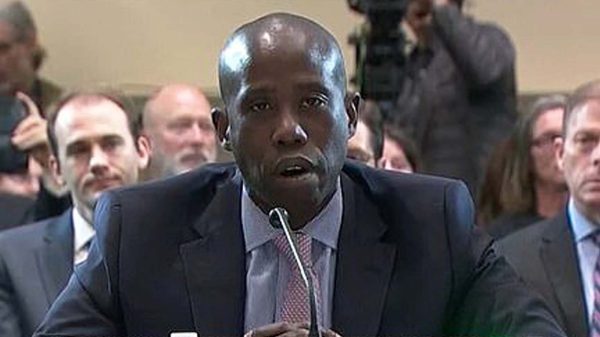

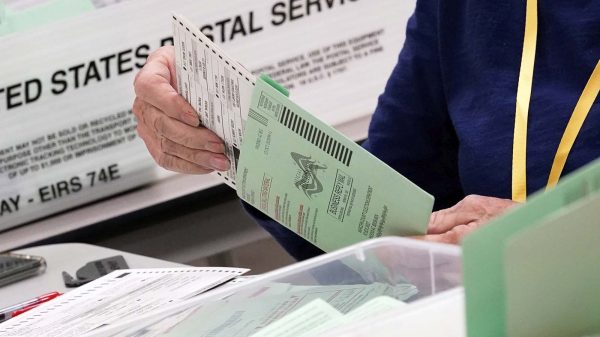
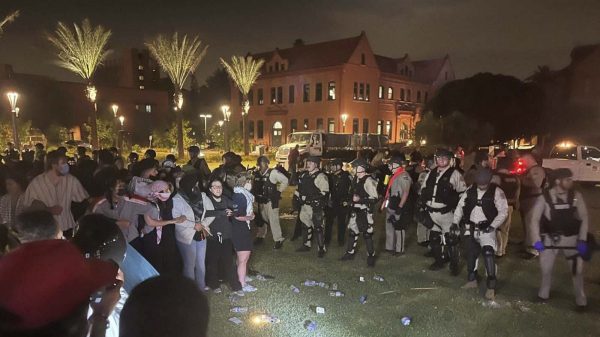






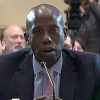
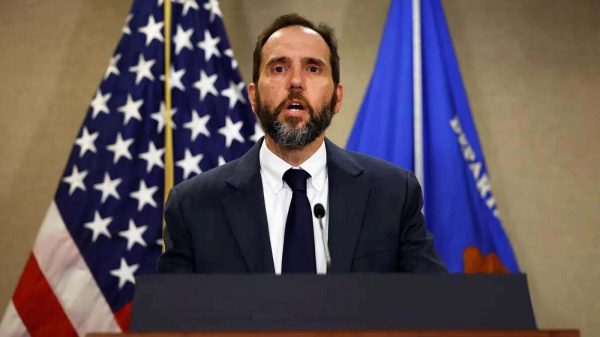



A $ .25 bullet to the brain would be painless.
Firing Squad would be an option. However, every option should be pursued before execution is carried out. People do die who are not guilty of the crime. If there’s DNA, test it. If there are other evidence that can be verified, verify it. Don’t let costs send the wrong person to death. Suspects deserve fairness. Victims & their families deserve justice.